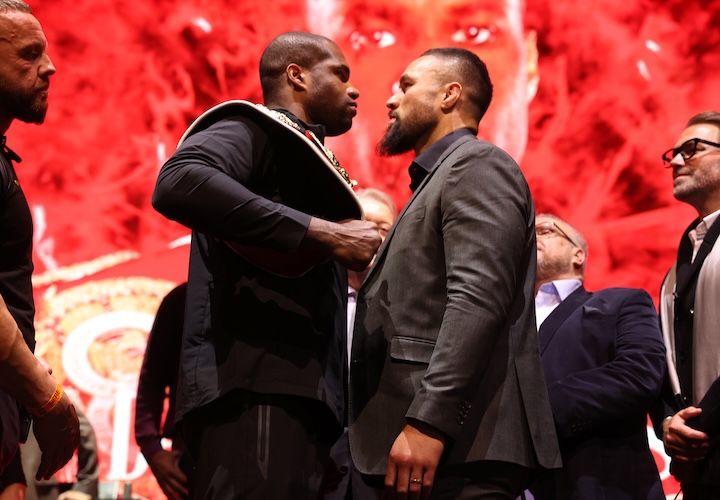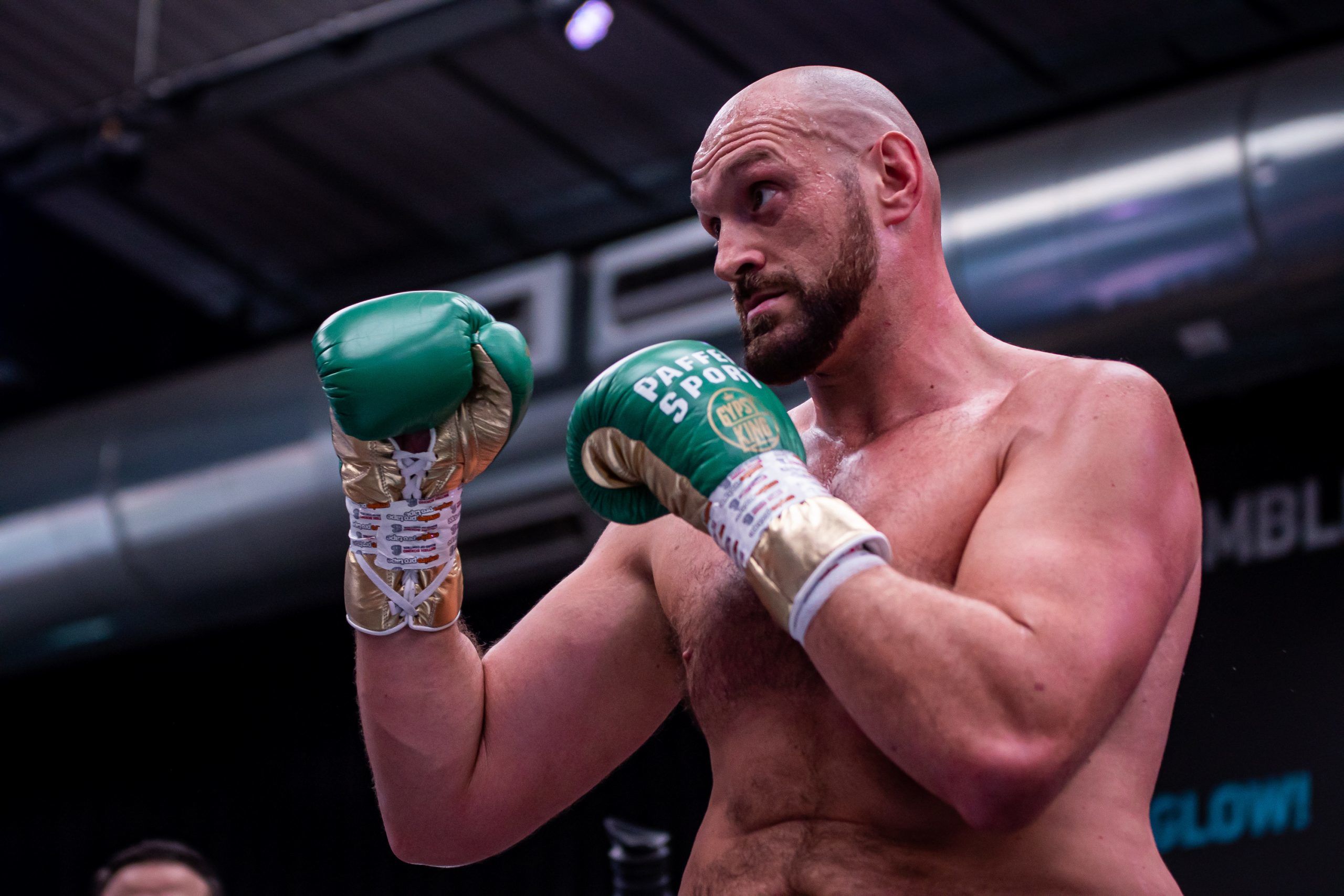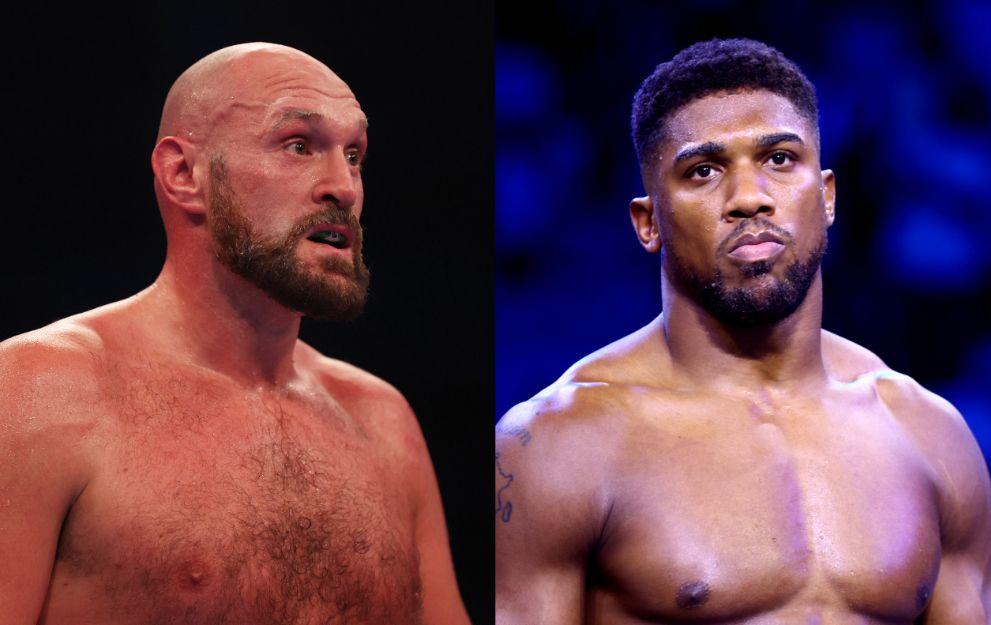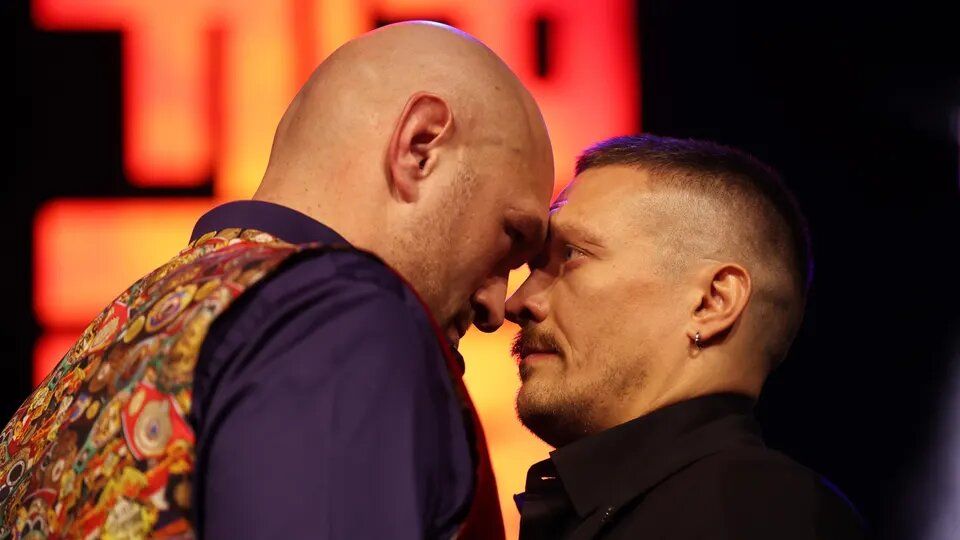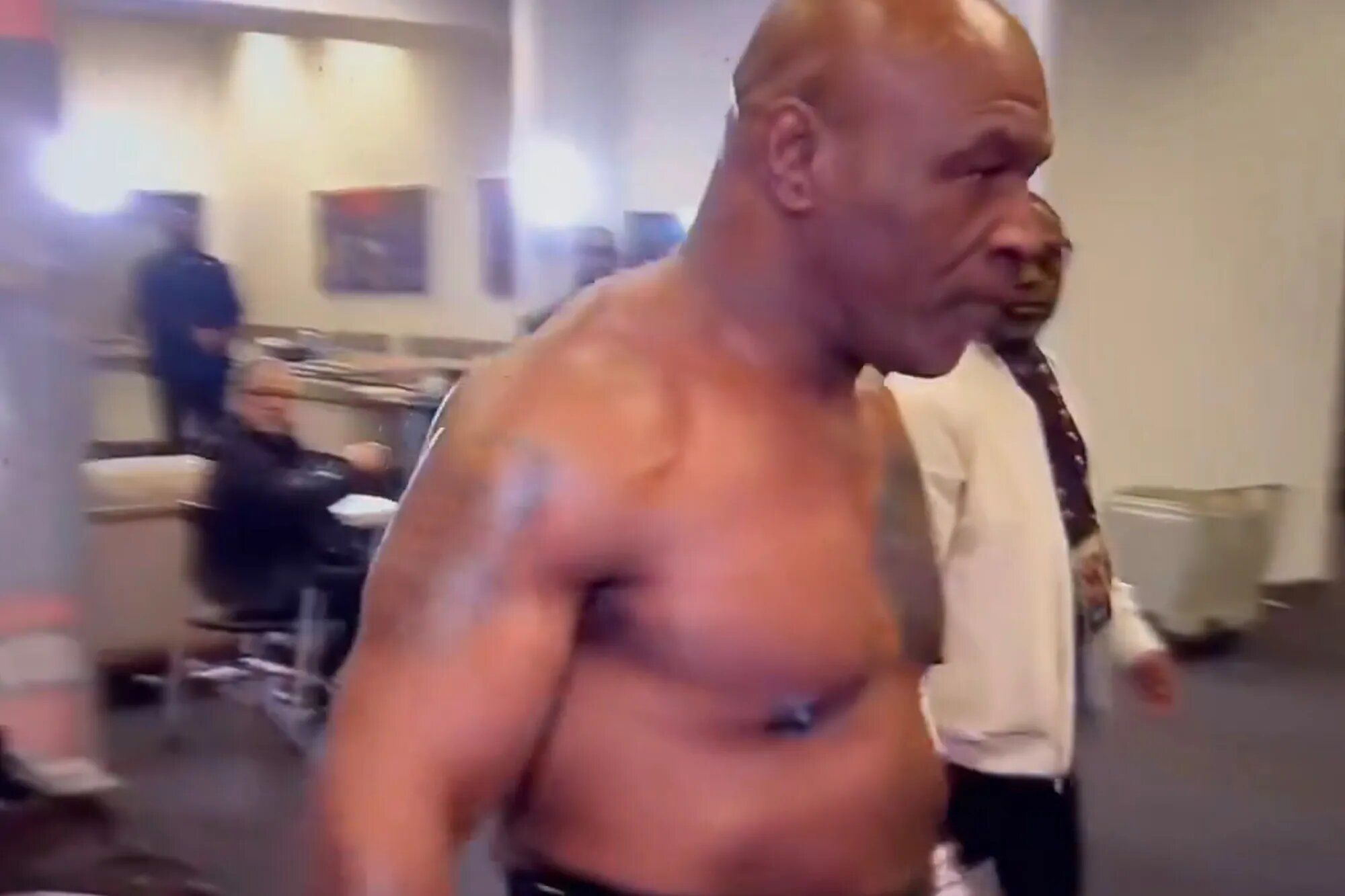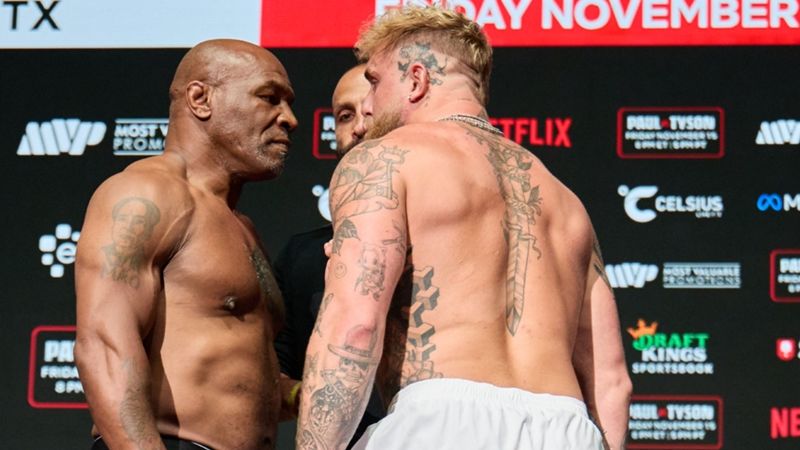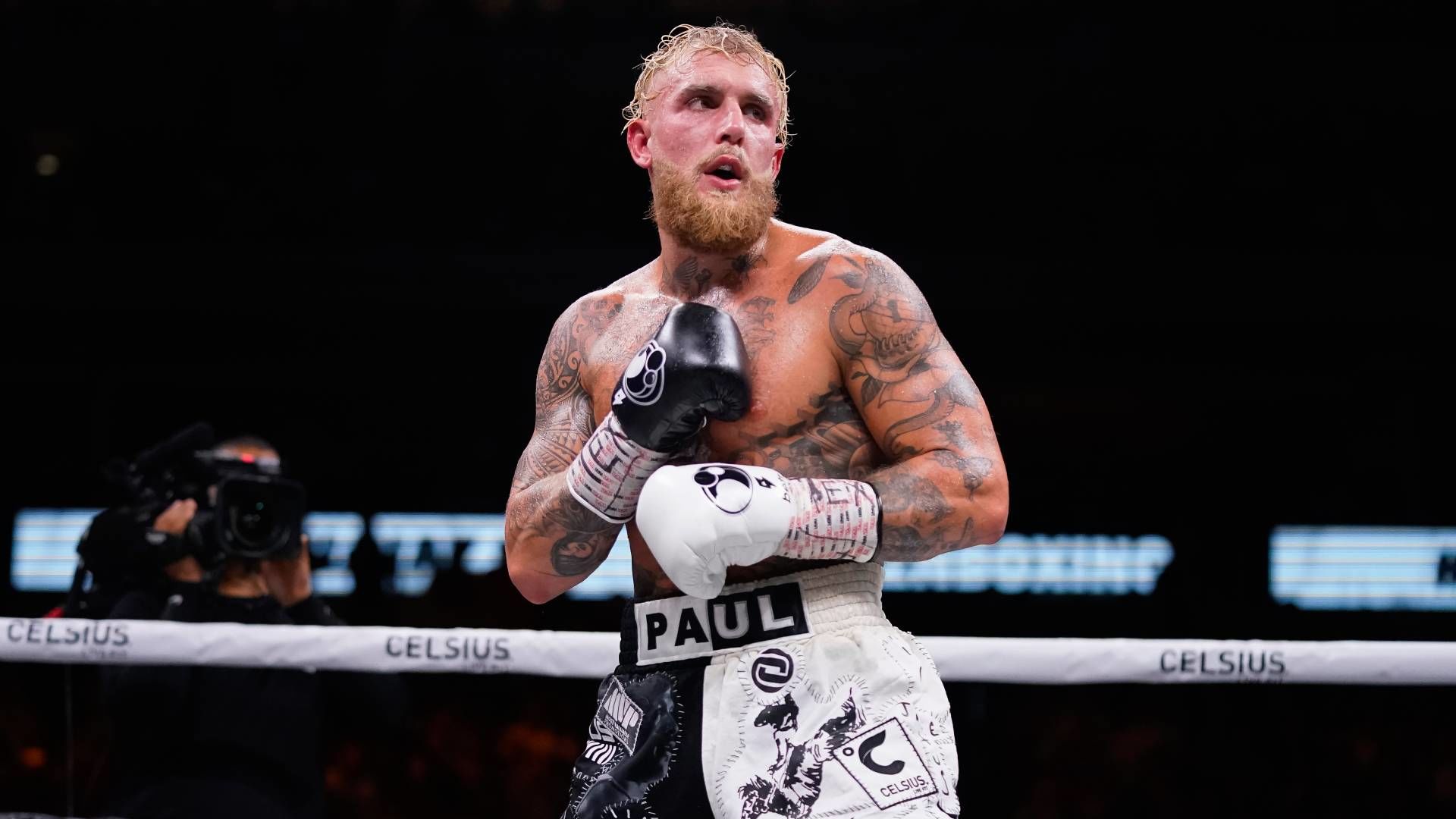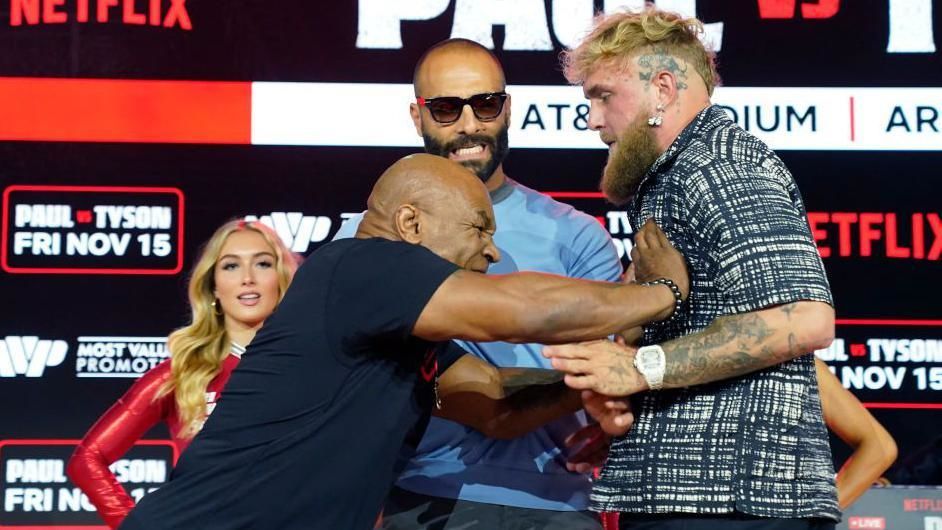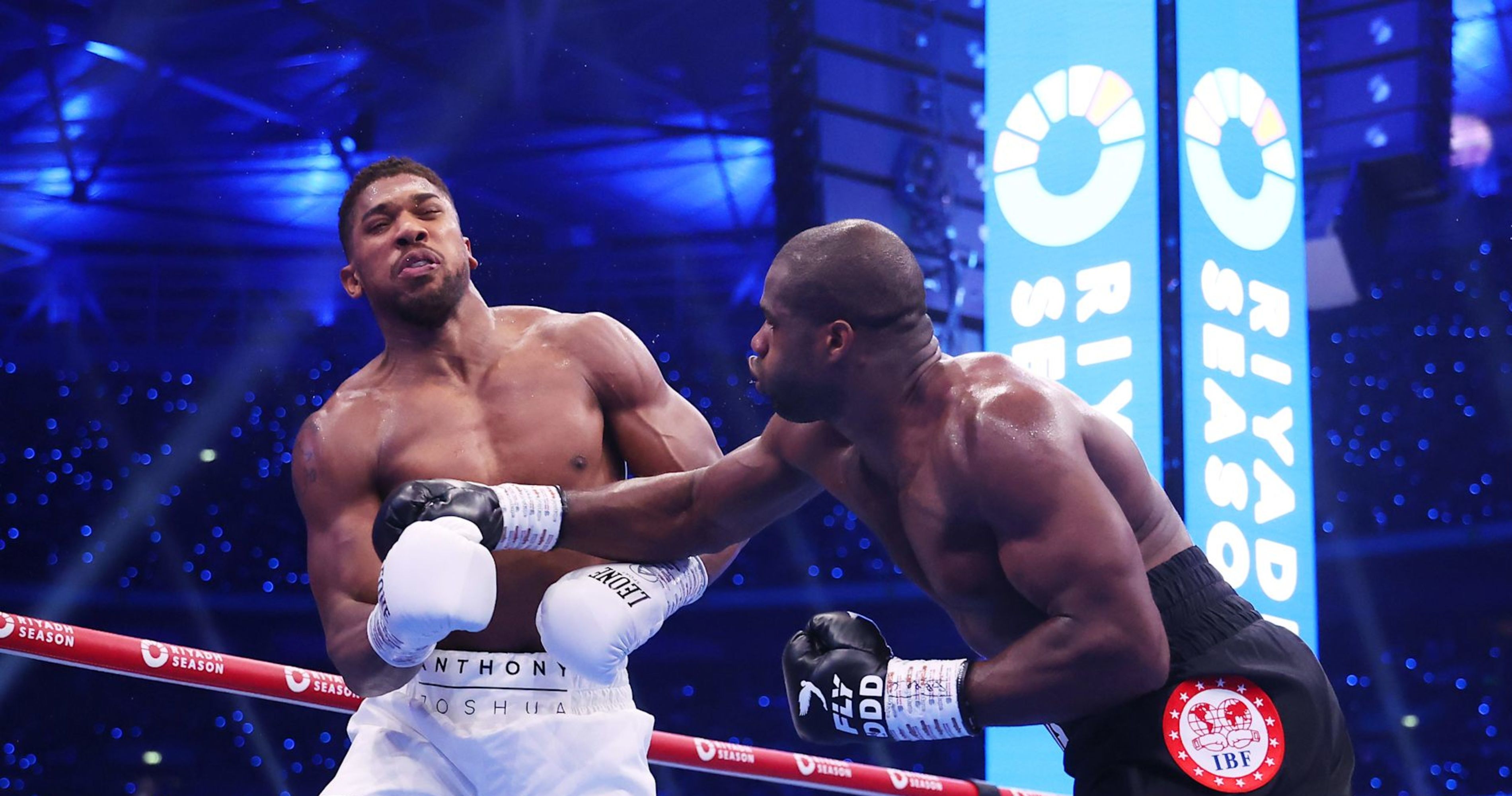MMA.Metaratings.ru continues its "The best bout in the box history" cycle. This material will tell you about the rematch between Sonny Liston and Floyd Patterson, which took place on July 22, 1963.

Santa Claus
After September 25, 1962, when Liston reduced Patterson to powder, there were all kinds of cranky ideas as to how it all happened. Of course, people could not suddenly say they have redpilled. It can be the other way around: one was walking and suddenly went crazy (on the Internet, we use a smiley in such cases). But a crazy person who suddenly became normal is much rarer (a smiley again).
To the credit of the American public, when Rocky Marciano, Ingemar Johansson, Ezzard Charles, Jersey Joe Walcott, and James Braddock spoke out in support of Floyd Patterson, it did not make much of an impression on people. Before the bout, the odds were 8-5 in favor of Liston. Yes, in favor of Liston. And anyone could say anything. His victory wasn't such a big surprise. I don't remember any cases when such unanimous support helped so little. All that comes to mind is the fight between Jack Johnson and James Jeffries in 1910. We will tell you about this bout later.

Little was said about what was plain to see. The extraordinary length of Liston's arms, and his inordinate power. It's understandable. His arms were always long. It would be stupid to ignore them, and people rarely see anything foolish in their mistakes. Yet another thing is when someone else has made a mistake.
If that was the reality, people had to adapt to it somehow. Especially since so many had already done so in their minds. At that time, George Lois, the art director of Esquire magazine, came up with a bizarre but original idea. What will happen if one makes Sonny Liston a Christmas Santa Claus? Why not? Yes, the idea was bizarre. But go easy on him. Anyway, Lois entrusted its implementation to the famous photographer Carl Fischer.

Fischer was filled with the importance of this task. He sat him down, put the cap on him, then selected the exposure, pressed the button, and... suffered a terrible shock. When Sonny heard the shot was made, he stood up and left the room without saying a word. Lois who also stood there rushed after him babbling he needed to make at least several more shots and grabbed his arm. There are various descriptions of this scene, but here they are all the same. Liston turned around and threw the pesky fellow a few meters away with one look.
Then, like a drowning man catching at a straw, Lois, sprung to the man who had arrived with Liston, standing aside and doing nothing. He didn't necessarily know who he was: "Please explain to him that I need to make perhaps a hundred shots to choose one."

Meanwhile, Sonny went to a gambling room (the shooting was held in a casino) and was placing the bets leaning over the green-cloth table. His friend came up behind him, took him by the ear, picked him up, and with the words, "Come on, let's go!" dragged him back into the room where the shooting was taking place. Sonny didn't try to object or resist. It was quite a spectacle, especially given that Liston was past thirty and he looked like he was forty.
No, this person was not Tobe Liston, Sonny's father. It was a great champion, Joe Louis, whom Liston admired. Even the most blatant people need idols.
Lois was right. The shooting was successful. And to this day we become dumb when we see this all-understanding and unforgiving Santa Claus. There is something to bite one's tongue about.

The rematch against Pattinson
The second fight against Pattinson was on July 22, 1963, in Las Vegas. This time, everything was completely different. The odds were 4-1 in favor of Liston. Before the bout began, someone shouted: "The last round, guys!" There are various versions as to who it was. But this is not so important. What is important is that this cry expressed what so many people thought. Floyd also seemed to think so. One can see a kind of doom in his actions. A gong rang, and what was long overdue to begin and end, let time run its course.
They always say it lasted four seconds longer the second time than the first time. Well, yes, but there are nuances.

It only took a few seconds for Patterson to miss Liston's first powerful punch. It was a right to the body. We can only guess how bad it was. He bent, straightened up, and the next thing you want to say is that everything went on as if nothing had happened. Nothing of the kind. He was close to a knockdown. Somehow he got over it but didn't fully recover. He just didn't have time for it. Floyd fought back, but absolutely calm Liston punched him with two arms after several series. Pattinson kept on his legs somehow. But soon it ended. Patterson fell.
He stood up and continued the fight. After several weak attacks, Floyd placed a right, but it was far-reaching. Liston also responded to Patterson's attack from the right. And how! He placed a left. Floyd lost his presence of mind. He fought on automatic, groggy for a while longer, but then he fell after a right blow from Liston.
That wasn't all. Floyd stood up again. He didn't have any chances, he didn't have them even when the bout began. Floyd has thrown out his right arm. But Liston delivered two rights and a left hook, and Patterson fell flat. The knockout was sudden, just as it was the last time. Floyd tried to stand up, although he could hardly think.
Aftertaste
This is how the confrontation between Pattinson and Liston ended. If you want to make God laugh, tell him your plans. Hardly anyone could have imagined it at the time, but it was Liston's last fight as champion. The most skeptical people believed he would be a heavyweight champion in the next ten years.
A young loudmouth Cassius Clay was everywhere, he was at the last fight between Patterson and Liston, he screamed his head off, proving something. But people's blindness can be as pervasive as their ability to notice everything. Seeing young Clay is like watching a cameo of a future famous actor. That's what he was. And we didn't know that.
A year later, in 1964, Cassius Clay will beat Liston, become Muhammad Ali, but it won’t happen soon. It's even strange that it was somehow singled out from everything that was shown back then. Maybe because he shouted too loudly.

And on December 30, 1970, Liston died. The body was found the following week by his beloved wife Geraldine who hadn't been in the city. What did he die of? From the effects of a heroin overdose. It was clear even then that he couldn't die of it. In those pristine days, heroin was injected. Liston had such an injection.
All was good but Liston couldn't give himself a needle. He had a well-documented phobia. When he saw a syringe, he turned into an aggressive jelly. His publicist, Harold Conrad, who had been in contact with him up to his last days, denied that Liston could have injected himself. He would have had to be tied up, and who would do it? Curiously enough, even now one can find contradictory rumors about his death. The police claimed it was "common knowledge" that he was a heroin addict. Well, yeah. People like to hide behind such words which turn out to be nonsense.
The date of December 30, 1970, is also questionable. Milk and newspapers were usually left on the doorstep, and since December 30, no one took them. So, that was all settled. However, the body was in such a state that he had hardly been injected; a medical examiner would not say so. The man just lived and died. We don't know when he came into this world and when he left it.

I started my story about Sonny Liston with these words: "One day someone will write a blues for boxers. A guitar will carry a slow melody, it will be quietly accompanied by a trumpet, and a bell will ring."
My book "Big Champions" was published in 2003, and after a while, I forgot both about Liston and these words.
And then I found myself in New York. It was in 2006. I was walking to the subway in Manhattan and suddenly was petrified. Someone played the very same blues in remembrance of the boxer. The instruments were a little off, but the melody was the same. I stopped. God, it was so sad. So sad.
That was when I saw the musicians. Three people. They were Afro-Americans. One of them was a disabled person, and a chubby-looking woman was playing a miraculous tune. And every note sounded like it was the last time they played it. A haywire sign that read "Mississippi Delta Blue" was hung above the musicians. Some people cried, not ashamed of their tears. The money was rolling in.

I don't know how, but the blues in remembrance of Sonny Liston was played. And he heard it. Me too.






